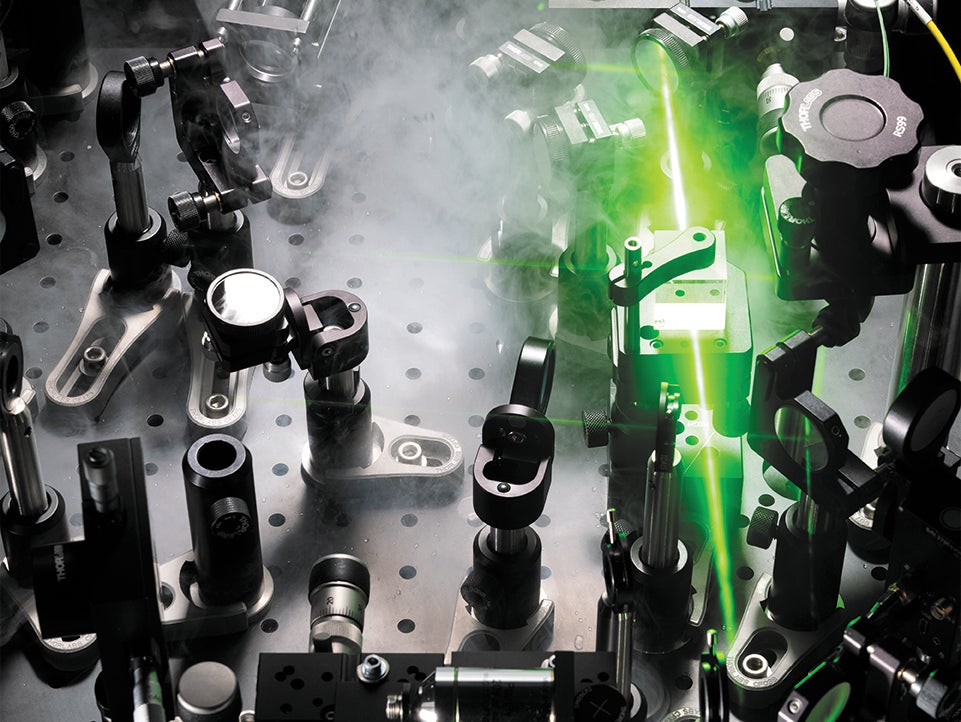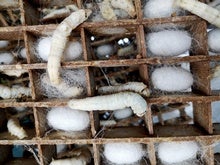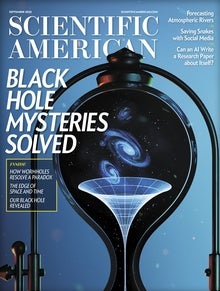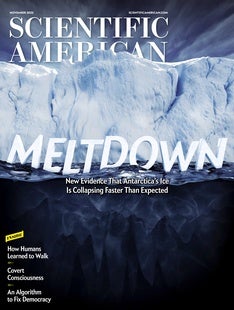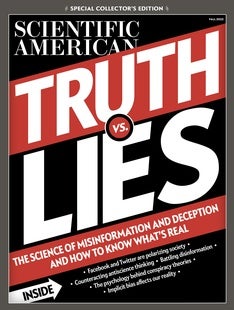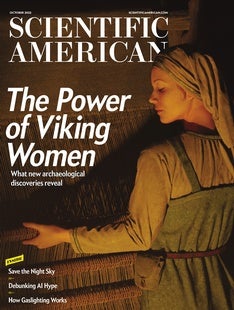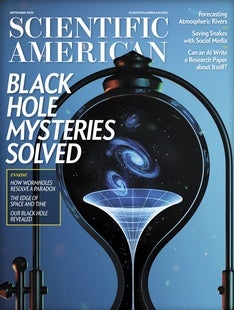 |
| November 01, 2022 |
Dear Reader,
The chemical structure of a molecule influences what it smells like. But predicting a scent profile for any given molecule is extremely difficult—at least, it is for humans. A new AI model can handle the task, and it has the potential to inspire new technology that records or produces odors on demand. |
| |
 |
| |
| |
| |
| |
| |
| |
| |
| Artificial Intelligence AI in Medicine Is Overhyped AI models for health care that predict disease are not as accurate as reports might suggest. Here's why | | By Visar Berisha,Julie Liss | | | |
FROM THE STORE
 | | | |
| |
FROM THE ARCHIVE
 | | | |
LATEST ISSUES
 |
| |
| Questions? Comments?  | |
| Download the Scientific American App |
| |
| |







